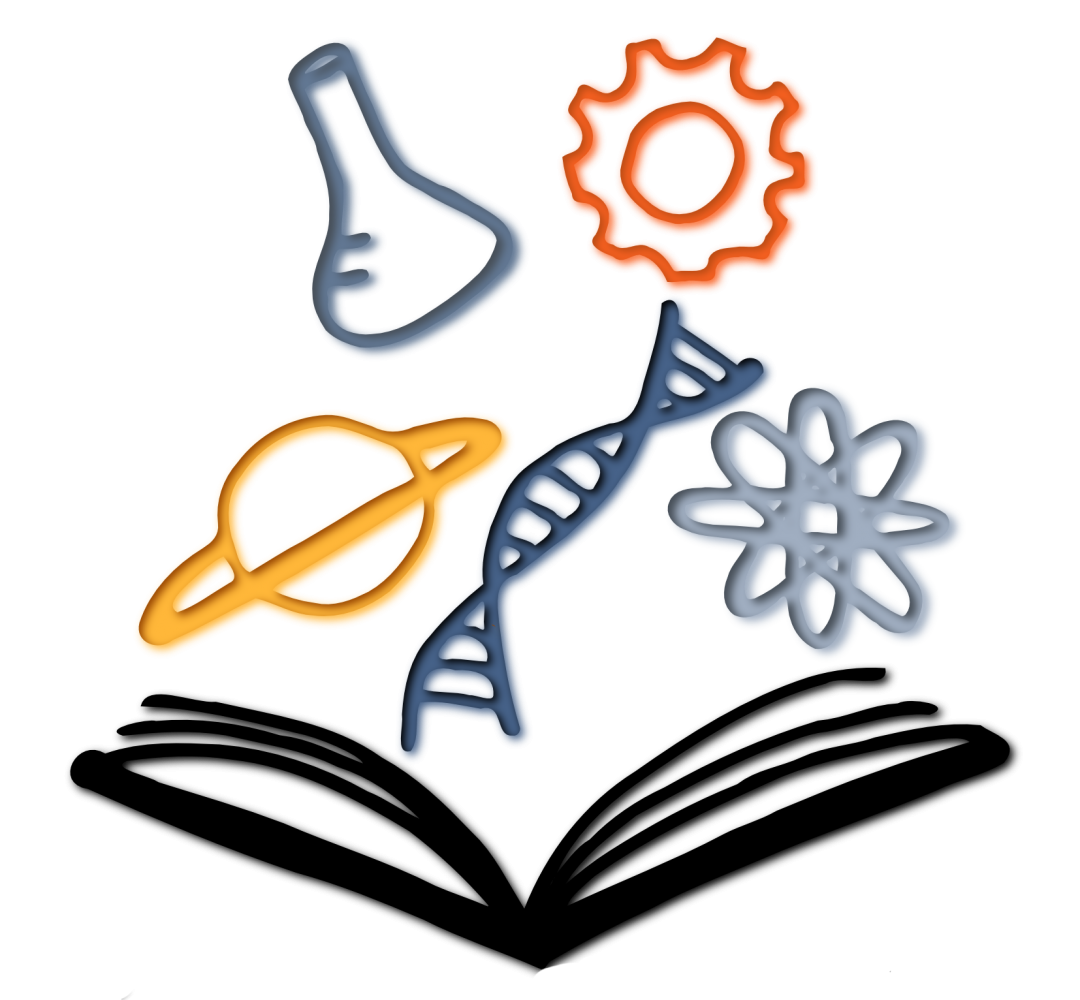

I think you’re on the right track, but have identified the wrong place to insert a law. It shouldn’t be illegal to do this work. It should be illegal for insurance companies to abuse it through eligibility, premiums, and claims restrictions.


I think you’re on the right track, but have identified the wrong place to insert a law. It shouldn’t be illegal to do this work. It should be illegal for insurance companies to abuse it through eligibility, premiums, and claims restrictions.


Sorry for the tangent. This conversation kicked up more nostalgia than I expected.
No problem.
Heh! You had blasting caps, we had carbide (my grandfather was still running an acetylene generator in his welding/machine/mechanic shop).


I’m more concerned about e coli levels than amoeba. But Lord only knows what gets into the South Saskatchewan River system and what grows vigorously once the water slows down in Lake Diefenbaker.
At least I’ve stopped swimming in the runoff sloughs in cattle pastures. (Kids are all kinds of stupid!)


Hah. I’ve been swimming in freshwater lakes, rivers, and reservoirs for about 65 years. Ain’t nothin’ takin’ me down.
Also a former water treatment plant operator, so I should probably not be quite so complacent. :)
Thank you!
I appreciate the comparison and analysis. I’ll keep it in my “maybe I’ll tackle it someday” list, but I’ve mostly moved away from writing that is hostile to the reader.
I don’t have a problem with complex concepts, even when they ultimately go over my head. I don’t even have a problem with stylistic weirdness in service of the message. I draw the line at writers who treat me like an imbecile, whether directly or through their own sense of superiority.
Actually, the long “Giving Tree” excerpt in one of the reviews reflects my own views. If that means we might already share opinions, then I for sure don’t need to suffer abuse along the way. 😀
An obvious problem with my attitude is that I then shut myself off from discussing the merits of a work.
I just read a description and a few reviews. I’ve decided that, for me, it’s unlikely to be worth the effort.
Do you think it was worth the effort for you?
At that point, I think pulling it out to an appendix is the right thing to do. Whenever I find a book with appendices, I do one of two things.
If an appendix looks like “prerequisite” material, I read it first.
If it looks like “further reading” or “deeper dive” material, I note where it’s referenced in the main text and return to it later.
The main reason I prefer footnotes to end notes is the separation of concerns. When a book has end notes, they are usually mixed with citations. I don’t mind managing 2 bookmarks or the eReader linking back and forth, but I really dislike following the reference to find that it just points at a whole other book.
Structurally, the most challenging book I’ve ever read was “The Message of THE QUR ĀN” by Muhammad Asad.
Start with the fact that the QUR ĀN itself is extremely non-linear. So much so that I think that this alone requires a great deal of study to address.
The text is 2 columns, the original Arabic adjacent to his English translation. There are copious and often long footnotes. The footnotes cross reference other footnotes, sometimes in chains. I read only the English.
I had to read it 4 times. Once just ignoring footnotes. Again, this time including just first-level footnotes. Again, following footnote chains back to their sources in the text. Finally, to reread just the text after pretending that I had everything figured out.
It took me a year to get through it to my satisfaction, although it was not the only reading, or even major project.


There is also the MRI intended to help kids understand what they will be going through.
Only if those people can also be infinitely packed into the distance the leading truck (the set of wheels) manages to travel.
Which, I guess is fair play in a thought experiment involving different sizes of infinities. :)
Thanks. This is the first time I’ve seen a jokey enough presentation to feel comfortable in treating it as a hypothetical reality rather than a moral/ethical exercise.
🤣
Don’t worry, the first body or two will take care of it!
Yes, or come to a halt. You’d be surprised at how little it takes to reduce the already low friction to nothing. A bit of blood and a bit of resistance will bring it to a halt pretty quickly.
It’s always better to gain a full understanding of the system when trying to make important decisions.
The trolley has two sets of wheels, leading and trailing, both of which must remain on the same set of tracks.
The switch is designed to enable the trolley to change course, moving from one set of tracks to the other.
Throwing the switch after the leading set has passed, but before the trailing set has reached the switch points will cause the two sets to attempt travel on separate tracks. The trolley will derail, rapidly coming to a halt. If the trolley is moving slowly enough to permit this action, nobody dies.
Source: former brakeman (one of the people responsible for throwing switches), section hand (one of the people responsible for installing switches), and railroad welder (one of the people responsible for field repairs of switches).


So is it merely a lame joke to compare this to two’s complement math or is there something fundamental to be learned?


I think of my username as being like a lock on the door. It’s not going to stop someone who is dedicated to fucking with me, but it keeps the opportunistic fuckery at bay.
There was a recent post asking what the self-taught among us feel we are missing from our knowledge base. For me, it’s being able to calculate stuff like that for making decisions. I feel like I can spot an equivalence to the travelling salesman problem or to the halting problem a mile away, but anything more subtle is beyond me.
Of course, in this situation, I’d probably just see if I could find a sufficiently large precalculation and just pretend :)


What you are describing is a failure of education. Maybe not at the university level, but somewhere. When I taught at an adult vocational school in the 1990s, every course started with the same material: how to use a keyboard and mouse, how to use the operating system, how to navigate and use network resources, and how to use foundational software like word processors, spreadsheets , and data entry systems. And how to set up email clients.
We ran our own email server out of the networking class. Yes, it could be a bit flaky, but that just exercised their backup and recovery skills and kept all the email users on their toes. :)


I don’t think that the uniqueness of fingerprints is in doubt, but their analysis and use might not be up to snuff. I’ve read numerous articles over the last couple of decades that call into question at least the statistical underpinnings of what it means to declare a match.
But law enforcement in general seems to be filled with pseudoscience, from profiling and interview techniques to body language and lie detection.
Total error rate is about 2/5? That’s barely better than a coin flip.
“Oh yes, I just got tested for my potential to become an opioid addict. Give me a second to flip a coin: heads I read the report, tails I toss it in the recycle bin.”